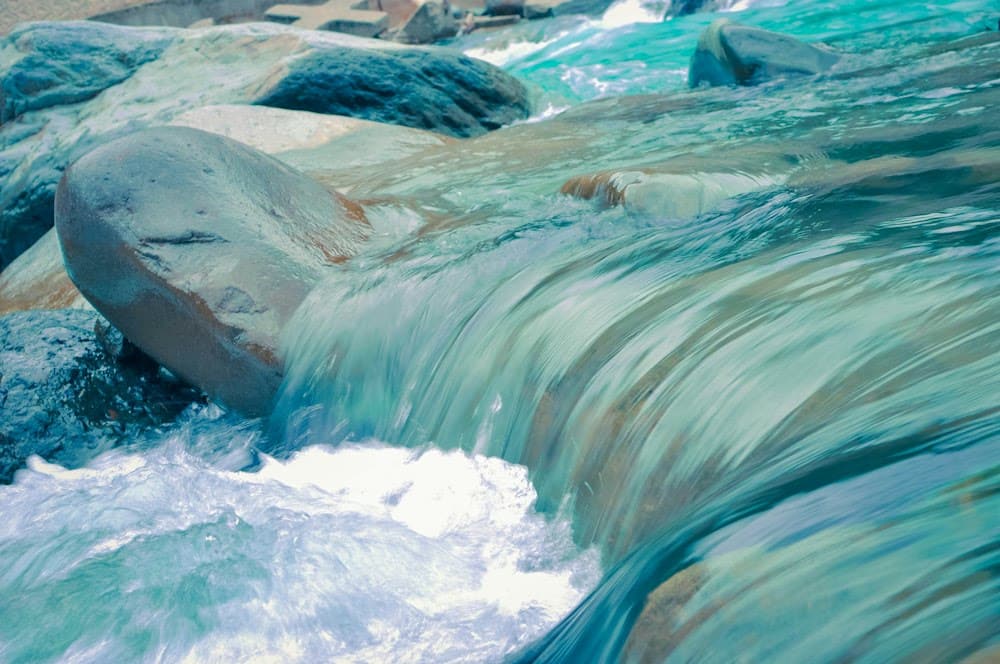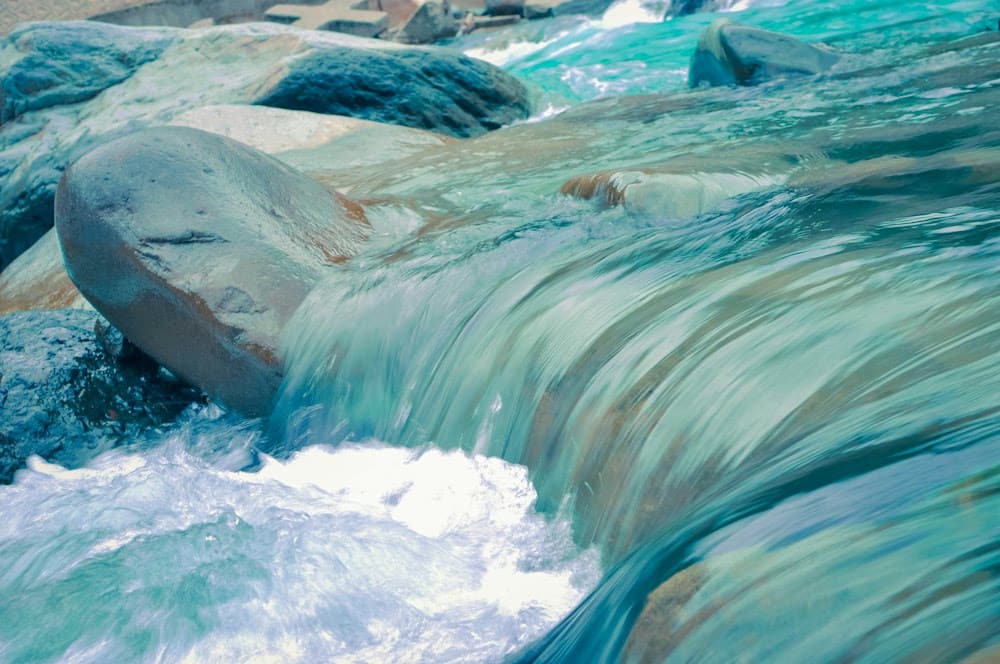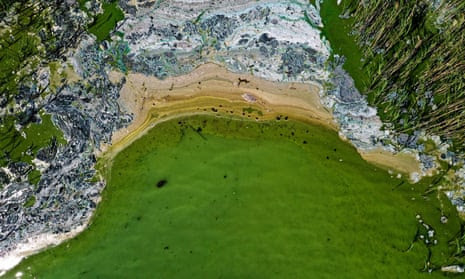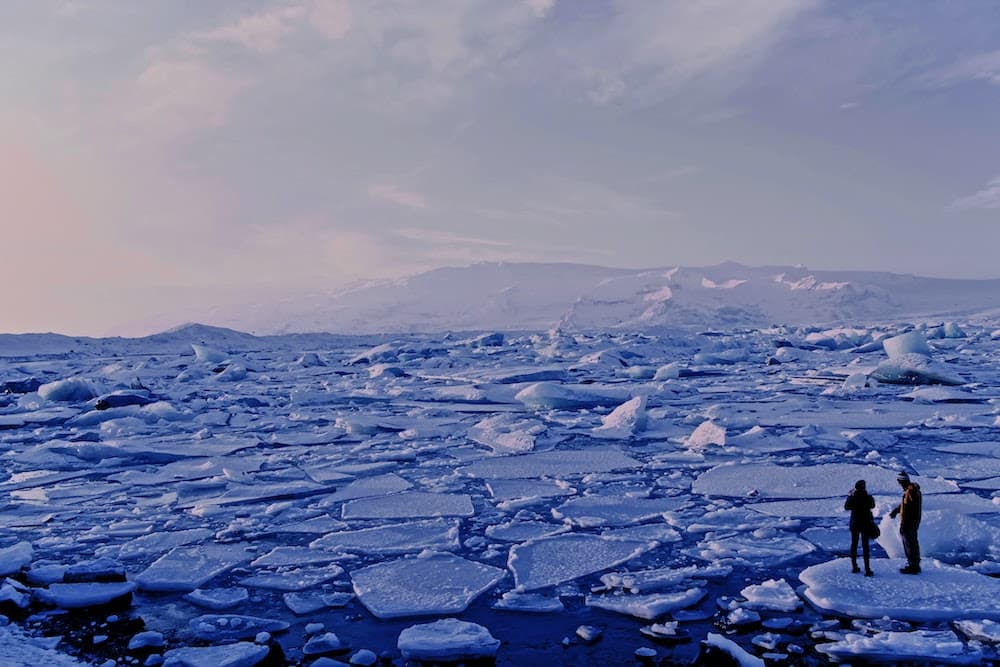
With global warming, the runoff of water constituting part of the water resource is becoming less and less predictable, making the management of freshwater resources more complex, especially for regions that depend heavily on snowmelt.
While simulations carried out by Météo France for France, for example, show an increase in soil droughts throughout the 21st century due to global warming, for other regions of the world the forecasts may differ. A study in the Proceedings of the National Academy of Sciences by the National Center for Atmospheric Research in the United States shows that forecasts for regions of the Northern Hemisphere that rely heavily on snowfall are likely to be dominated by a lack of predictability in water resources.
This includes regions that will continue to receive about the same amount of precipitation, as stream flow is expected to become more variable and unpredictable. One of the study’s co-authors, Will Wieder, points out that water management systems in these regions are based on the predictability of snowpack and runoff. Much of that predictability could be lost with global warming.

Flavio Lehner
Researchers have long warned of the thinning and early melting of snowpack under climate change, with precipitation more often taking the form of rain than snow. Snowmelt also occurs in winter, more randomly, making water runoff and stream flow more random as well. The regions most affected are expected to be the Rocky Mountains, where the amount of water in the snowpack could decrease by about 80%, the Canadian Arctic, eastern North America and Eastern Europe.
This evolution could greatly complicate the management of freshwater resources, both for ecosystems and for human use. Professor Flavio Lehner of Cornell University in Ithaca explains that efforts to improve predictive models are being derailed by the rapid disappearance of the best ally, snow.
He considers that this may be a race that is being lost, but scientists are trying to regain




